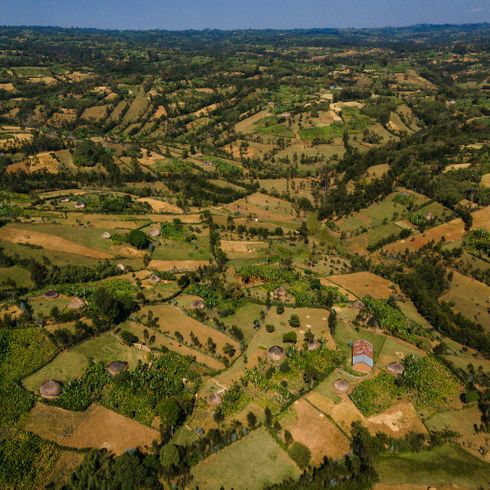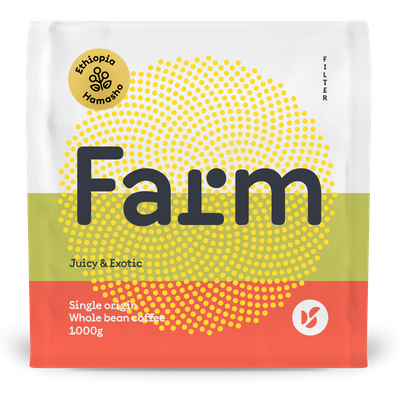| Country | Ethiopia |
|---|---|
| Farm | Hamasho |
| Varietal | ethiopian heirloom |
| Processing | natural |
| Crop | January 2024 |
| Partnership | 1 year |
| Coffee type | whole bean |
| Flavour | Juicy & Exotic |

Ethiopia Hamasho
The first natural coffee from Ethiopia this year is here. Coffee from farmers around the village of Hamasho embodies what we love about Ethiopian natural coffees: floral aromas and juicy notes of yellow fruit.
We selected this coffee during our spring visit to Ethiopia at the export company Daye Bensa. Coincidentally, all of this year’s coffees come from one region. The Bensa region is currently the place where the best Ethiopian coffees originate.
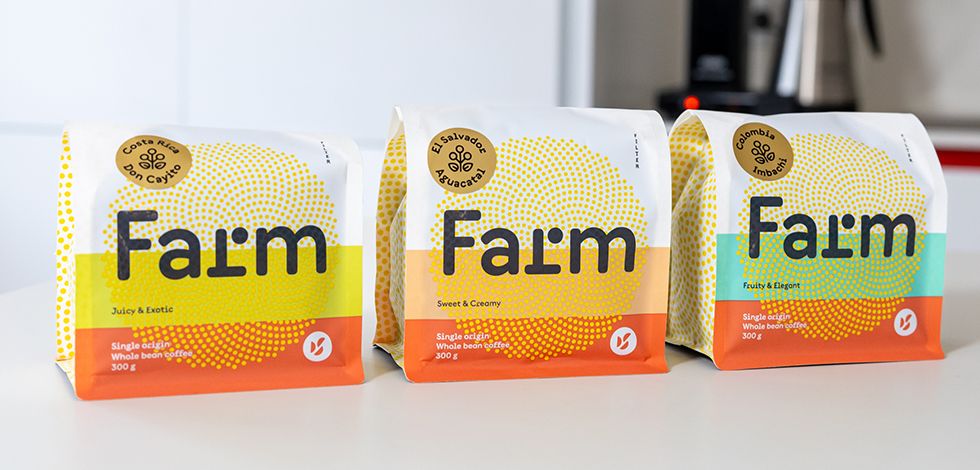
How does this coffee taste?
We tasted dozens of samples from this year harvest in Addis Ababa and Hamasho was the clear winner in terms of both points and taste.
Jarda, who selected the coffee on the spot, particularly praised the clearly defined fruity flavors and sparkling acidity that most Ethiopian naturals have lacked in recent years. Hamasho has intense floral aromatics. In the cup expect notes of yellow fruits, honey and gingerbread.
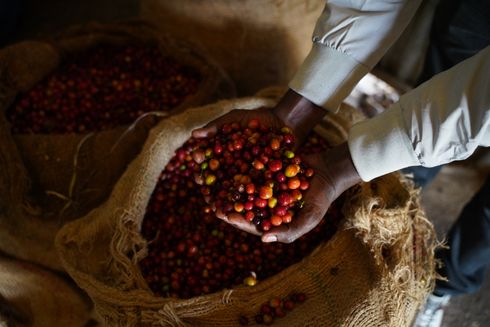
Daye Bensa Company
Hamasho is one of 71 processing stations in Ethiopia owned by exporting company Daye Bensa. Owned by brothers Asefa and Mulugeta Dukamo and currently run primarily by Asefa's son Kenean, this family business produces, in our opinion, the best natural coffees in Ethiopia. Second place at the Cup of Excellence in 2022 is a proof of this.
This March, we had the opportunity to taste and purchase three different microlots from three different stations at the Daye Bensa headquarters in Addis Ababa. Paradoxically, all this year's selected coffees from Ethiopia, including several lots from Heleanna Georgalis, come from the same region - Bensa.
Listen to our podcast (in Czech)
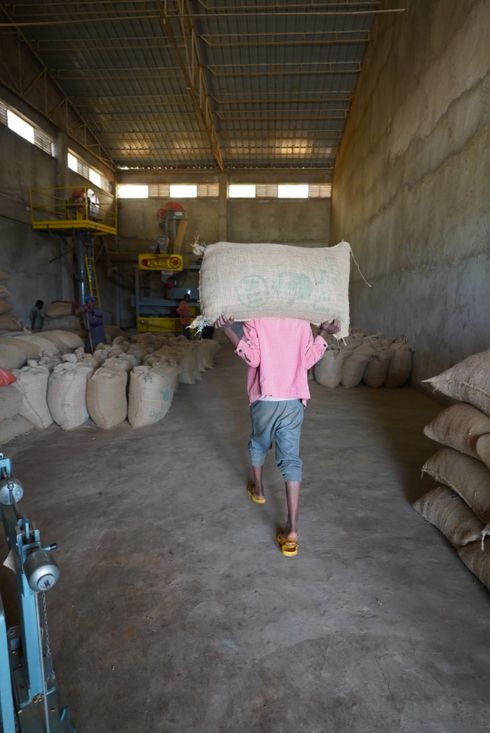
Hamasho processing station
The village of Hamasho in the Bombe Mountains is made up of hundreds of small farmers who have been growing coffee here for generations. In the dialect of the Sidamo region, the name Hamasho itself signifies a snake, which is a cultural symbol of strength and also has a spiritual meaning here.
Thanks to the efforts of the Daye Bensa company and their agronomists, local farmers are able to increase the quality of coffee and the yield on their farms. At the same time, as the main buyer of cherries in the region, and therefore the most important private company, Daye Bensa invests a lot of resources into infrastructure, education and healthcare.
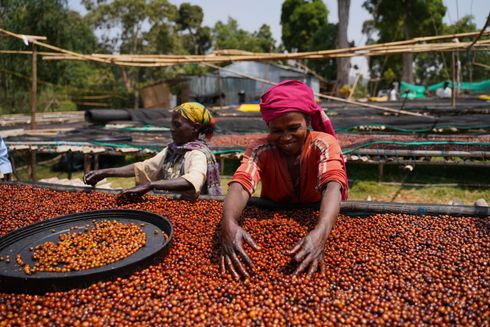
Variety
"Ethiopian heirloom varieties" is a general term that we commonly use to refer to coffee originating from Ethiopia (in total, the number of Arabica coffee varieties is estimated at 2,500 in Ethiopia). It includes two classifications: hybrid varieties developed at the Jimma Agricultural Research Center (JARC) and regional varieties mostly named after the village where they are grown. JARC varieties were developed to improve the productivity and livelihoods of smallholder producers and strengthen the country's coffee industry.
There are approximately 40+ JARC varieties consisting mostly of heirloom selections and a handful of hybrids. E.g. hybrid variety 74158, developed at JARC and grown around the village of Hamasho, is one of the most widely used varieties in the region. In most cases, hybrid varieties can be distinguished from the heirloom by the larger bean size, but with Hamasho, it is actually on contrary, since our coffee has extremely small screen size.
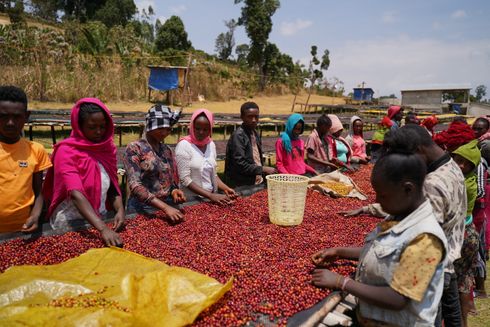
Zpracování
The natural process at the Hamasho station is the same as everywhere else in Ethiopia. Freshly picked and delivered cherries from small producers around the station are first immersed in a water tank to sort out cherries of lower density (i.e. unripe ones). They are then moved to African beds, where they are dried until they reach approx. 12% moisture. During this time, they are constantly manually raked to ensure that the drying is as homogeneous as possible.
The main advantage of this process in Ethiopia, compared to other coffee growing countries, is the large number of farm workers who constantly take care of the coffee and pick defective or unripe cherries during the whole process. The dried cherries are packed in Grain Pro plastic bags and taken to a dry mill in the capital, Addis Abeba.
